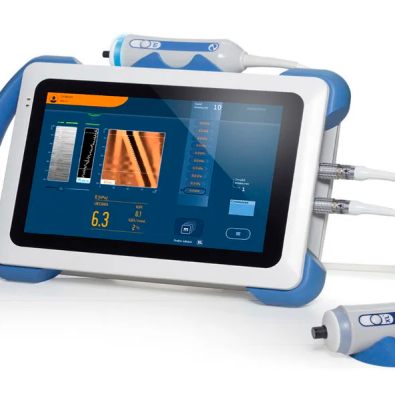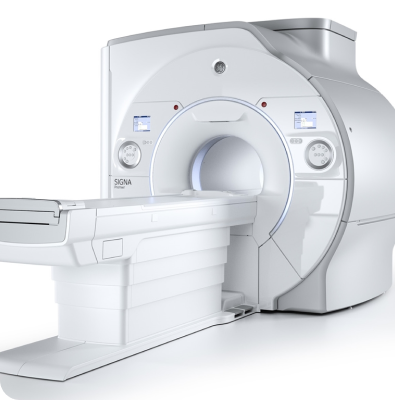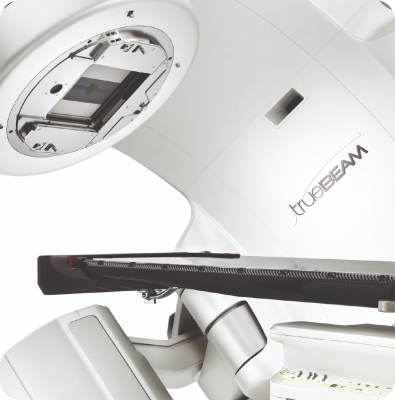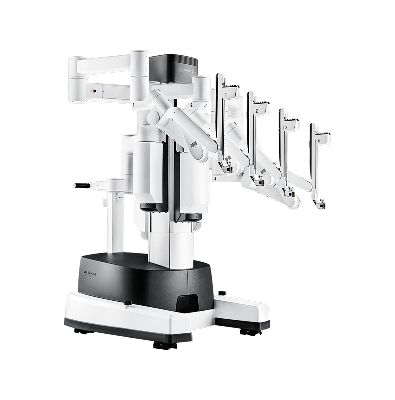At Güven Hospital, our primary goal is to advance our mission of “improving life” by integrating patient-centered healthcare services with modern treatment techniques and state-of-the-art facilities. In line with this vision, our Bone Marrow Transplant Center — equipped with an experienced team of specialists and infrastructure that meets international standards — has been established to provide advanced treatment for challenging diseases such as leukemia and lymphoma.
What Is a Bone Marrow Transplant?
A bone marrow transplant is a life-saving treatment that has offered a potential cure over the past half-century for many patients suffering from blood cancers, congenital disorders, or bone marrow failure. Also known as stem cell transplantation, bone marrow transplantation has become an essential component of many modern treatment protocols. As transplant practices evolve and long-term survival rates improve, the rapid progress in this field continues to require ongoing education for physicians, nurses, and healthcare professionals involved in stem cell transplantation and cellular therapies.
In the past, bone marrow was the only source of stem cells used for transplantation. However, with technological advancements and extensive scientific research, the use of peripheral blood stem cells and umbilical cord blood stem cells has become increasingly common. These developments have made stem cell collection safer, faster, and more cost-effective, allowing both pediatric and adult patients of all ages to undergo stem cell transplantation.
What Are the Types of Transplants?
The main types of stem cell transplants performed in bone marrow transplant centers include:
- Autologous Stem Cell Transplant: Stem cells collected from the patient are returned to the same individual after treatment.
- Allogeneic Stem Cell Transplant: Stem cells are collected from a fully matched sibling or an unrelated donor and transferred to the patient.
- Haploidentical Stem Cell Transplant: Stem cells are collected from a partially matched donor, such as a parent, child, or sibling, and given to the patient.
The collection, processing, cryopreservation, and transplantation of stem cells are performed exclusively in centers authorized and licensed by the Ministry of Health. Bone marrow transplantation serves as a life-saving treatment option across a wide spectrum of conditions, from hematologic cancers to genetic disorders.
Who Needs a Bone Marrow Transplant?
- Leukemia (Acute Lymphoblastic Leukemia, Acute Myeloid Leukemia, Chronic Leukemia types)
- Lymphoma (Hodgkin and Non-Hodgkin Lymphoma)
- Multiple Myeloma
- Aplastic Anemia
- Sickle Cell Anemia and Thalassemia
- Immunodeficiency Syndromes
- Metabolic Storage Diseases
Which Diseases Can Be Treated with Bone Marrow Transplantation?
- Acute Myeloblastic Leukemia (AML)
- Acute Lymphoblastic Leukemia (ALL)
- Non-Hodgkin Lymphoma
- Hodgkin Lymphoma
- Multiple Myeloma
- Myelodysplastic Syndrome (MDS)
- Chronic Myelocytic Leukemia (CML)
- Chronic Lymphocytic Leukemia (CLL)
- Aplastic Anemia
- Paroxysmal Nocturnal Hemoglobinuria (PNH)
- Primary Amyloidosis
- Solid Tumors: Testicular cancer, ovarian cancer
- Hereditary Diseases: Hemoglobinopathies







